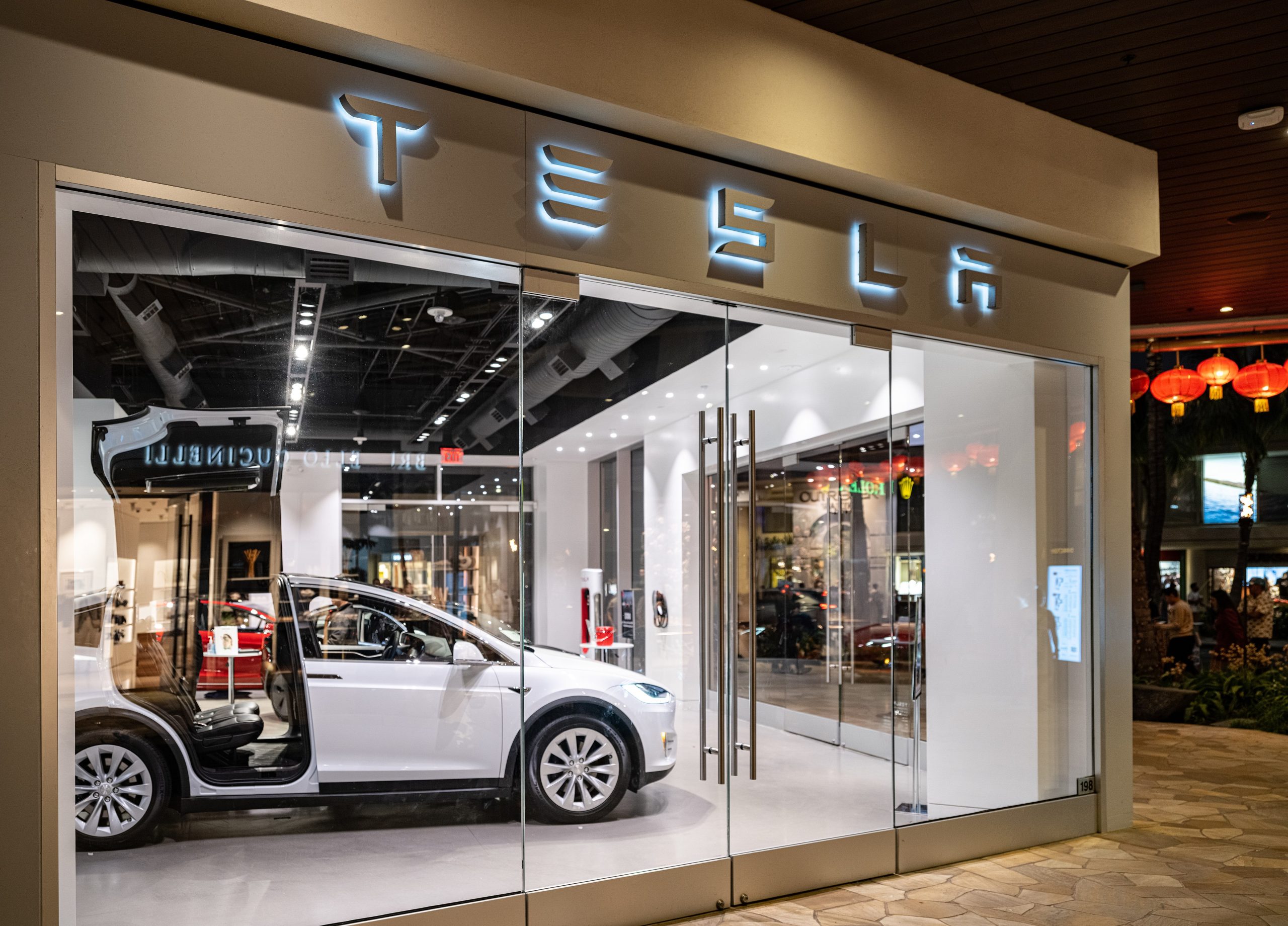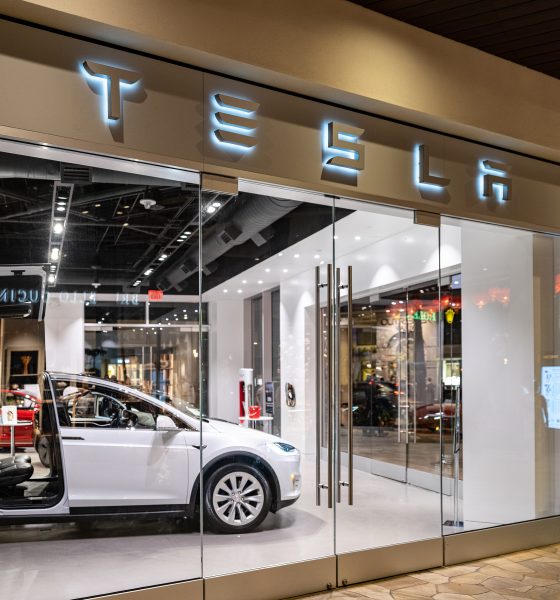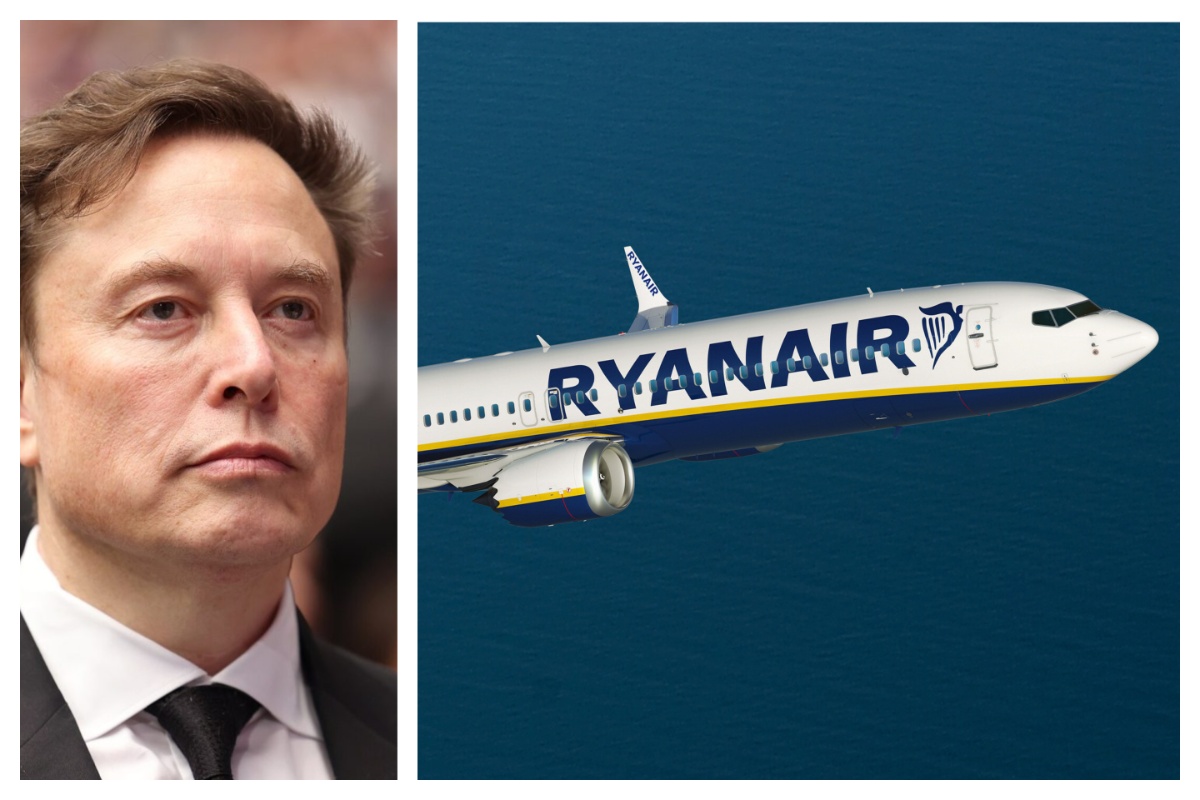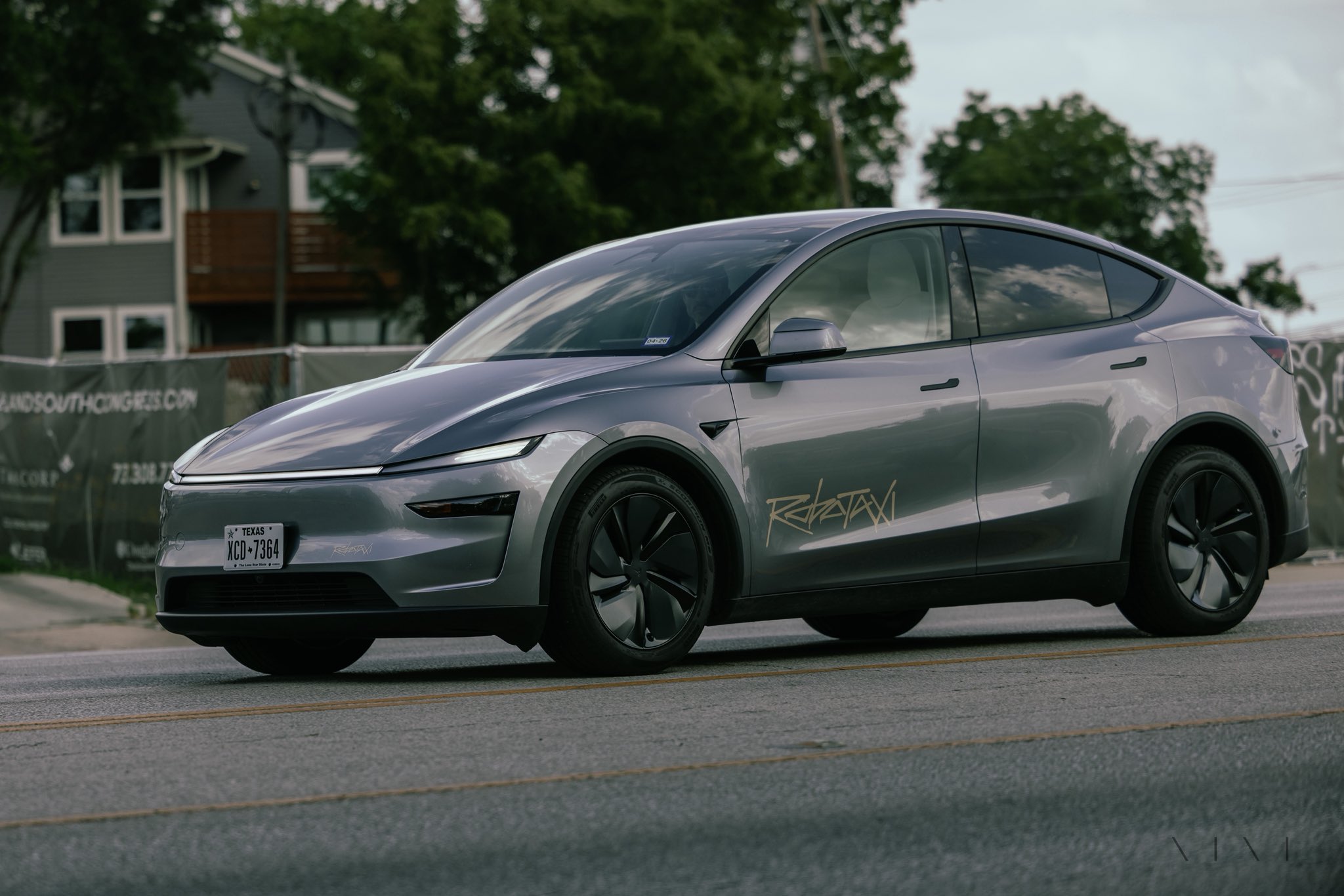

News
Mississippi bill aiming to restrict EV direct sales passes the Senate
Tesla and other electric vehicle makers may find it harder to open new company-owned stores in Mississippi in the future. Following a nearly two-hour debate among lawmakers, House Bill 401 passed through the Senate by a vote of 38-14. The bill is now on its way to Gov. Tate Reeves’ desk.
House Bill 401 is controversial. If it does get signed into law, electric vehicle makers like Tesla, Rivian, and Lucid would be mandated to sell their vehicles through a franchised dealership. EV makers today typically sell their electric cars through company-owned stores.
In a statement to WJTV 21 News, State Senator Jeremy England noted that the bill is simply bad policy. He also stated that with the bill in place, Mississippi is sending the wrong message. This could result in the state losing out on what could be lucrative investments.
“We’re telling the electric vehicle (makers) who use a different sales model, that their sales model is not acceptable in Mississippi. If you have to go to a middleman and go to a dealership, you can already count on a 5% increase in cost tacked on just for the middleman on that.
“I believe we’re sending the wrong message. I think we’re telling them, “Look, we’re going to do things the old way here in Mississippi. Good luck in the other states.’ They’re going to start selling their vehicles there, and we’re going to miss out on it,” England said.
Supporters of the bill have noted that it would ensure that all carmakers play by the same rules, regardless of their respective business models. England, however, argued that states like Nevada, which allow companies like Tesla to sell their cars through company-owned stores, recently saw a massive investment worth billions of dollars.
“I think we took a step backwards with this legislation today… In Nevada, they’re an open model state. They allow direct sales from electric vehicle manufacturers. They just saw a $3.4 billion investment by a battery company in the state of Nevada,” England said.
Fortunately, Tesla’s lone store in Brandon, Mississippi will be allowed to operate even if House Bill 401 is passed into law.
Below is the text of House Bill 401 as passed by the House.
HB0401PS by Simon Alvarez on Scribd
Don’t hesitate to contact us with news tips. Just send a message to simon@teslarati.com to give us a heads up.

Elon Musk
Tesla CEO Elon Musk trolls budget airline after it refuses Starlink on its planes
“I really want to put a Ryan in charge of Ryan Air. It is your destiny,” Musk said.

Tesla CEO Elon Musk trolled budget airline Ryanair on his social media platform X this week following the company’s refusal to adopt Starlink internet on its planes.
Earlier this week, it was reported that Ryanair did not plan to install Starlink internet services on its planes due to its budgetary nature and short flight spans, which are commonly only an hour or so in total duration.
Initially, Musk said installing Starlink on the company’s planes would not impact cost or aerodynamics, but Ryanair responded on its X account, which is comical in nature, by stating that a propaganda it would not fall for was “Wi-Fi on planes.”
Musk responded by asking, “How much would it cost to buy you?” Then followed up with the idea of buying the company and replacing the CEO with someone named Ryan:
I really want to put a Ryan in charge of Ryan Air. It is your destiny.
— Elon Musk (@elonmusk) January 19, 2026
Polymarket now states that there is an 8 percent chance that Musk will purchase Ryanair, which would cost Musk roughly $36 billion, based on recent financial data of the public company.
Although the banter has certainly crossed a line, it does not seem as if there is any true reason to believe Musk would purchase the airline. More than anything, it seems like an exercise of who will go further.
Starlink passes 9 million active customers just weeks after hitting 8 million
However, it is worth noting that if something is important enough, Musk will get involved. He bought Twitter a few years ago and then turned it into X, but that issue was much larger than simple banter with a company that does not want to utilize one of the CEO’s products.
The insufferable, special needs chimp currently running Ryan Air is an accountant. Has no idea how airplanes even fly.
— Elon Musk (@elonmusk) January 20, 2026
In a poll posted yesterday by Musk, asking whether he should buy Ryanair and “restore Ryan as their rightful ruler.” 76.5 percent of respondents said he should, but others believe that the whole idea is just playful dialogue for now.
But it is not ideal to count Musk out, especially if things continue to move in the direction they have been.
News
Tesla Robotaxi’s biggest rival sends latest statement with big expansion
The new expanded geofence now covers a broader region of Austin and its metropolitan areas, extended south to Manchaca and north beyond US-183.

Tesla Robotaxi’s biggest rival sent its latest statement earlier this month by making a big expansion to its geofence, pushing the limits up by over 50 percent and nearing Tesla’s size.
Waymo announced earlier this month that it was expanding its geofence in Austin by slightly over 50 percent, now servicing an area of 140 square miles, over the previous 90 square miles that it has been operating in since July 2025.
Tesla CEO Elon Musk shades Waymo: ‘Never really had a chance’
The new expanded geofence now covers a broader region of Austin and its metropolitan areas, extended south to Manchaca and north beyond US-183.
These rides are fully driverless, which sets them apart from Tesla slightly. Tesla operates its Robotaxi program in Austin with a Safety Monitor in the passenger’s seat on local roads and in the driver’s seat for highway routes.
It has also tested fully driverless Robotaxi services internally in recent weeks, hoping to remove Safety Monitors in the near future, after hoping to do so by the end of 2025.
Tesla Robotaxi service area vs. Waymo’s new expansion in Austin, TX. pic.twitter.com/7cnaeiduKY
— Nic Cruz Patane (@niccruzpatane) January 13, 2026
Although Waymo’s geofence has expanded considerably, it still falls short of Tesla’s by roughly 31 square miles, as the company’s expansion back in late 2025 put it up to roughly 171 square miles.
There are several differences between the two operations apart from the size of the geofence and the fact that Waymo is able to operate autonomously.
Waymo emphasizes mature, fully autonomous operations in a denser but smaller area, while Tesla focuses on more extensive coverage and fleet scaling potential, especially with the potential release of Cybercab and a recently reached milestone of 200 Robotaxis in its fleet across Austin and the Bay Area.
However, the two companies are striving to achieve the same goal, which is expanding the availability of driverless ride-sharing options across the United States, starting with large cities like Austin and the San Francisco Bay Area. Waymo also operates in other cities, like Las Vegas, Los Angeles, Orlando, Phoenix, and Atlanta, among others.
Tesla is working to expand to more cities as well, and is hoping to launch in Miami, Houston, Phoenix, Las Vegas, and Dallas.
Elon Musk
Tesla automotive will be forgotten, but not in a bad way: investor
It’s no secret that Tesla’s automotive division has been its shining star for some time. For years, analysts and investors have focused on the next big project or vehicle release, quarterly delivery frames, and progress in self-driving cars. These have been the big categories of focus, but that will all change soon.

Entrepreneur and Angel investor Jason Calacanis believes that Tesla will one day be only a shade of how it is recognized now, as its automotive side will essentially be forgotten, but not in a bad way.
It’s no secret that Tesla’s automotive division has been its shining star for some time. For years, analysts and investors have focused on the next big project or vehicle release, quarterly delivery frames, and progress in self-driving cars. These have been the big categories of focus, but that will all change soon.
I subscribed to Tesla Full Self-Driving after four free months: here’s why
Eventually, and even now, the focus has been on real-world AI and Robotics, both through the Full Self-Driving and autonomy projects that Tesla has been working on, as well as the Optimus program, which is what Calacanis believes will be the big disruptor of the company’s automotive division.
On the All-In podcast, Calcanis revealed he had visited Tesla’s Optimus lab earlier this month, where he was able to review the Optimus Gen 3 prototype and watch teams of engineers chip away at developing what CEO Elon Musk has said will be the big product that will drive the company even further into the next few decades.
Calacanis said:
“Nobody will remember that Tesla ever made a car. They will only remember the Optimus.”
He added that Musk “is going to make a billion of those.”
Musk has stated this point himself, too. He at one point said that he predicted that “Optimus will be the biggest product of all-time by far. Nothing will even be close. I think it’ll be 10 times bigger than the next biggest product ever made.”
He has also indicated that he believes 80 percent of Tesla’s value will be Optimus.
Optimus aims to totally revolutionize the way people live, and Musk has said that working will be optional due to its presence. Tesla’s hopes for Optimus truly show a crystal clear image of the future and what could be possible with humanoid robots and AI.








